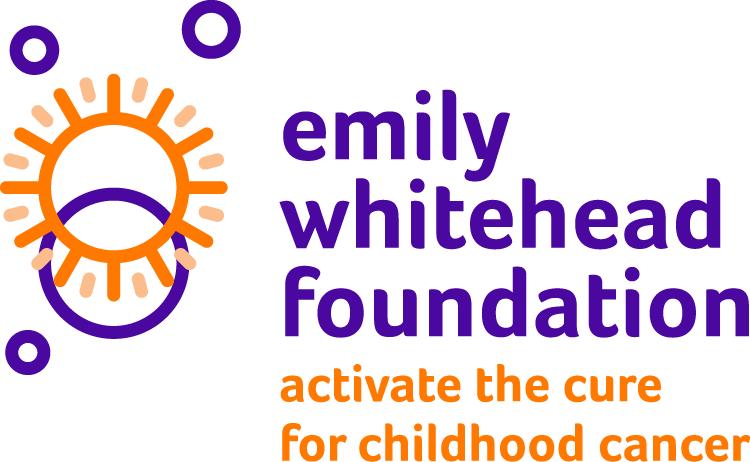GD2 Specific CAR and Interleukin-15 Expressing Autologous NKT Cells to Treat Children With Neuroblastoma (GINAKIT2)
Neuroblastoma
0-9 years 10-17 years 18-26 years
1
 Drug
Drug
Cyclophosphamide Fludarabine
 Genetic
Genetic
GINAKIT Cells
Condition: Neuroblastoma
This research study combines two different ways of fighting cancer: antibodies and Natural Killer T cells (NKT). Antibodies are types of proteins that protect the body from infectious diseases and possibly cancer. T cells, also called T lymphocytes, are special white blood cells that can kill other cells, including cells infected with viruses and tumor cells. Both antibodies and T cells have been used to treat patients with cancers. Investigators have found from previous research that they can put a new gene into T cells that will make them recognize cancer cells and kill them. In a previous clinical trial, investigators made artificial genes called a chimeric antigen receptors (CAR), from an antibody called 14g2a that recognizes GD2, a molecule found on almost all neuroblastoma cells (GD2-CAR). Investigators put these genes into the patients’ own T cells and gave them back to patients that had neuroblastoma.
NKT cells are another special subgroup of white blood cells that can specifically go into tumor tissue of neuroblastoma. Inside the tumor, there are other white blood cells called macrophages which help the cancer cells to grow and recover from injury. NKT cells can specifically kill these macrophages and slow the tumor growth.
We will expand NKT cells and add GD2-specific chimeric antigen receptors to the cells. We think these cells might be better able to attack NB since they also work by destroying the macrophages that allows the tumor to grow. The chimeric antigen receptor will also contain a gene segment to make the NKT cells last longer. This gene segment is called CD28. In addition, to further improve the antitumor activity of the GINAKIT cells we added another gene expressing a molecule called Interleukin -15 (IL-15). The combination of these 3 components showed the most antitumor activity by CAR expressing NKT cells and improved these cells’ survival in animal models.
GD2-CAR expressing NKTs have not been tested in patients so far. The purpose of this study is to find the largest effective and safe dose of GD2-CAR NKT cells (GINAKIT cells), to evaluate their effect on the tumor and how long they can be detected in the patient’s blood and what affect they have on the patient’s neuroblastoma.
-
(2019) NKT cells co-expressing a GD2-specific chimeric antigen receptor and IL-15 show enhanced in vivo persistence and antitumor activity against neuroblastoma.
Xu X, Huang W, Heczey A, Liu D, Guo L, Wood MS, Jin J, Courtney AN, Liu B, Di Pierro EJ, Hicks J, Barragan GA, Ngai H, Chen Y, Savoldo B, Dotti G, Metelitsa LS. NKT cells co-expressing a GD2-specific chimeric antigen receptor and IL-15 show enhanced in vivo persistence and antitumor activity against neuroblastoma. Clin Cancer Res. 2019 Sep 4. pii: clincanres.0421.2019. doi: 10.1158/1078-0432.CCR-19-0421.
PURPOSE:
Vα24-invariant natural killer T cells (NKTs) are attractive carriers for chimeric antigen receptors (CARs) due to their inherent antitumor properties and preferential localization to tumor sites. However, limited persistence of CAR-NKTs in tumor-bearing mice is associated with tumor recurrence. Here, we evaluated whether co-expression of the NKT homeostatic cytokine IL-15 with a CAR enhances the in vivo persistence and therapeutic efficacy of CAR-NKTs.EXPERIMENTAL DESIGN:
Human primary NKTs were ex vivo expanded and transduced with CAR constructs containing an optimized GD2-specific single-chain variable fragment and either the CD28 or 4-1BB costimulatory endodomain, each with or without IL-15 (GD2.CAR or GD2.CAR.15). Constructs that mediated robust CAR-NKT cell expansion were selected for further functional evaluation in vitro and in xenogeneic mouse models of neuroblastoma (NB).RESULTS:
Co-expression of IL-15 with either costimulatory domain increased CAR-NKT absolute numbers. However, constructs containing 4-1BB induced excessive activation-induced cell death and reduced numeric expansion of NKTs compared with respective CD28-based constructs. Further evaluation of CD28-based GD2.CAR and GD2.CAR.15 showed that co-expression of IL-15 led to reduced expression levels of exhaustion markers in NKTs and increased multi-round in vitro tumor cell killing. Following transfer into mice bearing NB xenografts, GD2.CAR.15 NKTs demonstrated enhanced in vivo persistence, increased localization to tumor sites, and improved tumor control compared to GD2.CAR NKTs. Importantly, GD2.CAR.15 NKTs did not produce significant toxicity as determined by histopathological analysis.CONCLUSIONS:
Our results informed selection of the CD28-based GD2.CAR.15 construct for clinical testing and led to initiation of a first-in-human CAR-NKT clinical trial (NCT03294954).
